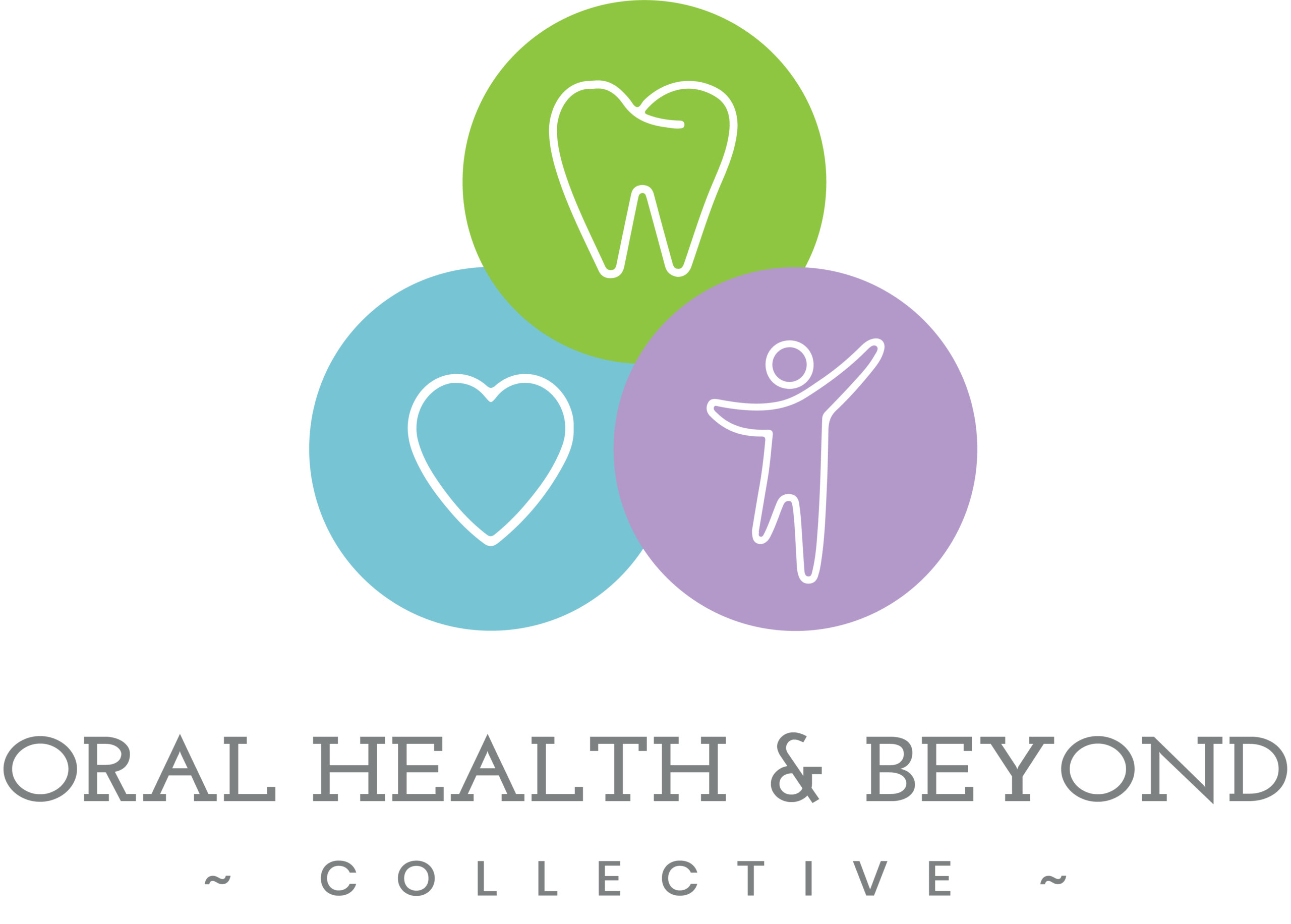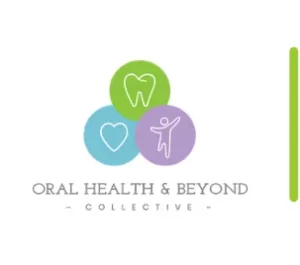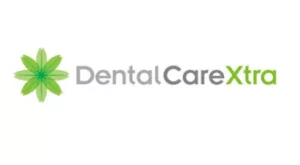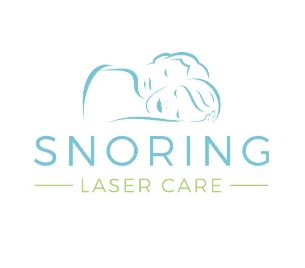
Discriminatory Rebates of Private Health Insurance
Keeping your smile healthy can be costly. According to data from the Australian Institute of Health and Welfare (AIHW), in 2019–20, one-fifth of Australians over 15 years put off or postponed visiting the dentist because of the expense.
Regular dental maintenance from a dentist is essential to keep your teeth in tip-top shape, although it doesn’t have to break the bank. A health insurance plan with proper dental coverage can help you maintain oral health.
But wait, does all dental health insurance cover all of our dental needs?
ADA launches petition seeking an end to discriminatory Private Health Insurance (PHI) rebates
In 2019, the Australian Dental Association (ADA) started a petition that is accessible through dental practices across the country. The petition aims to use “people power” to force the government to address the urgent problem of discriminatory private health insurance rebates.
The ADA has made ending discriminatory rebates a top priority. This is in part due to growing concern among its membership about the influence of private health profits in the provision of healthcare, which results in greater rebates being offered to consumers who choose to use the dentist recommended to them by their health insurer (either employed by them or in a contracted arrangement with them) and penalising those who choose to stick with their own dentist.
The ADA attended the Senate Inquiry into Private Health Insurance’s lone remaining public session as of October of this year. A concerted effort by the ADA, assisted by the Nick Xenophon Team, to bring the inequities of private health insurance into the mainstream of political debate led to the Senate Inquiry, formally known as Value and affordability of private health insurance and out-of-pocket medical costs.
Listen to Senate Inquiry Livestream here and here.
Nowadays, the majority of people have a choice of dentists that will take care of their oral needs.
A large number of health insurance, though, are attempting to coerce their members to their contracted dentist of the health insurer’s choice. These dentists are deemed favoured by some insurance companies, so individuals are being directed to use these contracted dentists, who are participating providers of the health Insurers.
According to the Australian Dental Association (ADA), maintaining patient autonomy is essential to providing dental care that meets high standards.
That’s why the ADA and Oral Health and Beyond Collective believe you should be unreservedly informed about all the implications that contracted dentistry will have on dental care for you and your family.
To further help you comprehend this problem, we have created this guide in order to address some of the queries that you might be concerned about preserving the patient’s rights
Q1. Why is it crucial that I have a choice in the dentist who will treat me?
You must feel at ease communicating with and receiving treatment from the dentist of your choice. You need to feel confident that your dentist is suggesting the best course of action for you. Delivery of dental care must be consistent throughout. Keeping your relationship with your dentist will improve the quality of your dental care, as opposed to having your health insurer’s dictate who you can and cannot see.
Q2. What precisely does a dentist under contract do?
Dental treatment will be provided by contracted practitioners at a low fee that has been set by the health insurance schedule. No out-of-pocket costs or decreased out-of-pocket costs are advertised by health insurers. ONLY IF YOU VISIT ONE OF THEIR CONTRACTED DENTISTS.
Q3. Why don’t health insurer’s just increase the dental rebate?
You should ask your health insurer this, as it is a really good question. Since 1994, one health insurer has not generally increased dental rebates. Many insurers don’t raise dental rebates on a yearly basis. Over the past ten years, private health insurance in Australia have made a surplus (profit) in general treatment coverage of more than $7.2 billion, which has not been distributed to donors as higher rebate. Three years later, the surplus had grown to $3 billion.
Q4. How do health Insurance affect my ability to pick the dentist I want?
Dentists have been openly and actively encouraged to “sign up” for health insurance’ contracted provider agreements. Patients are openly encouraged by health insurers to visit a dentist with whom the health insurer has a contract. If the procedure is carried out by a dentist who is under contract with the health insurer, several of them give a higher dental rebate for each item service. Some insurer’s even purchased their own dental surgeries and employ their own dentists. Which eliminates patients freedom of choice to choose and use their own preferred dentist
Q5. Is this fair?
The ADA and our Team deem this to be extremely unjust. In the end, contributors ought to receive the same rebates if they all pay the same health insurance premiums. You should pay a lower premium if you receive a smaller rebate.
Q6. Why isn’t my dentist a “preferred practitioner”?
The “recommended practitioners” have consented to be contractually committed to the health insurer, not because of their dental expertise, but rather because they meet the fee standards established by the health insurer.
Q7. My health insurance company advises that I see a contracted dentist since my dentist is too pricey and my financial gap will be too great. What should I do?
According to ADA National Fee Surveys, the average yearly rise in dentist fees between 1996 and 2012 was less than 5%.
- You should enquire about the average premium hikes for your health fund during the same time period.
- You should check out how much the dental rebates from your health insurers have increased during the same time period.
- The growing discrepancy between fees and rebates is explained by the absence of rising dental rebates. The dentist you go to did not cause this.
Q8. Is there a chance that the standard of dental care may decline if the health funds forbid the dentists who are contracted to them from raising their fees in line with practice cost increases?
According to the ADA, this can result in “tiered” levels of care. In other parts of the world, preferred contracted provider schemes have not been successful. Regardless of which dentist you choose to visit, if you pay the full premium, you are entitled to the greatest care and the same rebate as any other contributor.
Q10. What can I do about the issue with the contracted dentists?
If you are unhappy, you should write a letter of protest to the manager of your health insurer. You have the right to receive the care you require from the dentist of your choice, and also receive the same rebate as other policyholders without hindrance.
There is insurance with no agreements with preferred providers. Contact your health insurance provider to seek more clarification, alternatively speak to the insurance broker.
Further obligation-free advice on health funds is available at the ADA website www.ada.org.au
Let’s support to end discriminatory rebates
Here at OHB, we would desire private health insurance to be fair for everyone. We want a system where “same policy, same rebate” is a reality, one where people are able to see the health practitioner of their choice without penalty.






